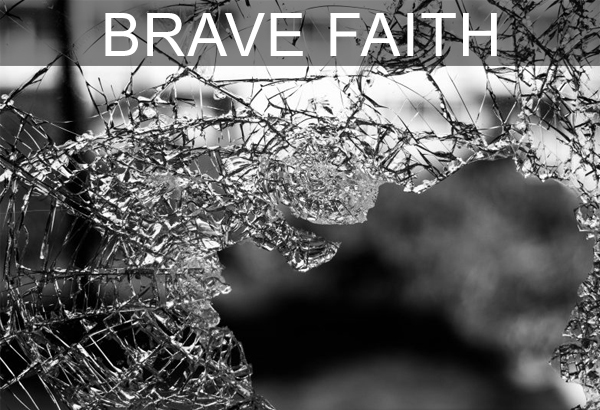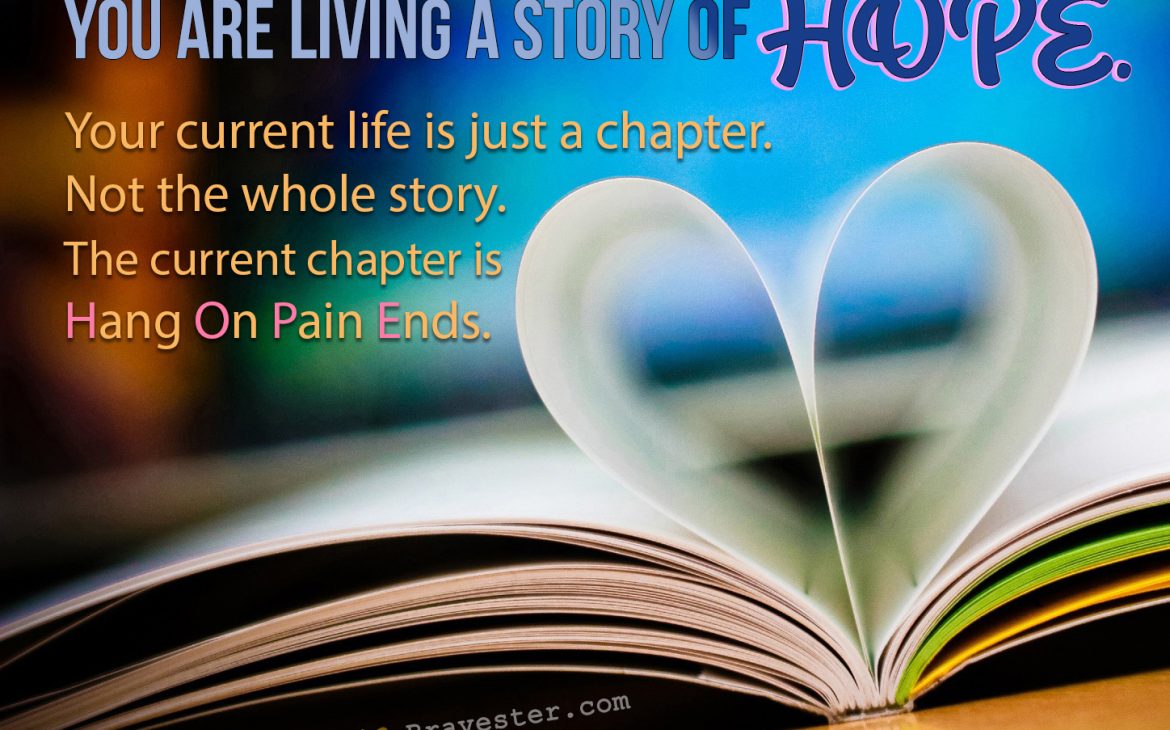The Ways You Offload Your Pain

We are better at causing pain than sitting in our own pain.
Do you, like so many others, do almost anything to not feel pain? Very few people have the bravery to feel the pain without rationalizing, blaming, or shutting down. Even me. I still rationalize, blame, and shut down to offload my pain. I have my moments. But they are just that—moments. Because I have learned that God has hard-wired me for pain and pain is always a beginning. Pain signals a beginning so I pick myself up and look for the brave decisions to be made to move me along to this larger story.
This is way better than becoming disembodied from my experiences and disconnected from my people. That is the fruit of these offloading (thus numbing) behaviors. Every time. You will see when you read this. You will understand because you have lived this.
Emotion Modification
Yep, this is changing, reframing, skimming the surface of emotions so you don’t have to feel the actual emotion. Emotion modification is putting that mask on you. You are putting that heavy mask on you. (As you judge so many others as fake?)
Every emotion reveals a belief about who we are and what we want. Every emotion shows us where we have placed our identity and our value. Every emotion reveals how we see God. If we want to reshape our emotions, we need to address the underlying beliefs.
Especially anger. Anger most often is covering up one of these more vulnerable emotions: loneliness, rejection, fear, anxiety, frustration, confusion, grief, hurt, sadness, isolation, shame, jealousy, helplessness, overwhelming stress, humiliation, embarrassment, depression.
Do you see how it is easier to be angry than to feel any one of these emotions?
Embrace the emotions, especially the ones you’re afraid of and the ones for which people have wrongly judged you. They are real. They are valid. They aren’t bad in and of themselves. Emotional vulnerability is a strength. Emotions are tunnels that always lead us to God. To God who created emotions. Perhaps so we can understand God better?
Emotion is a testing ground. What do your emotions reveal about your identity? Where have you ultimately placed your trust? Is there a disconnect between how you feel and God’s promises? Now those are healthy conversations to have.
Some of my favorite people are the ones who will get mad at God with me.
We Armor Up
This is straight Dr. Brene’ Brown research because it makes so much sense. We’ve all done this—at least once.
“When we’re in fear, or an emotion is driving self-protection, there’s a fairly predictable pattern of how we assemble our armor, piece by piece:
-
-
- I’m not enough
- If I’m honest with them about what’s happening, they’ll think less of me or maybe even use it against me.
- No way am I going to be honest about this. No one else does it. Why do I have to put myself out there?
- Yeah. Screw them. I don’t see them being honest about what scares them. And they’ve got plenty of issues.
- It’s actually their issues and shortcomings that make me act this way. This is their fault, and they’re trying to blame me.
- In fact, now that I think about it, I’m actually better than them.
-
“People think it’s a long walk from ‘I’m not enough’ to ‘I’m better than them,’ but it’s actually just standing still. In the exact same place. In fear. Assembling the armor.” –Dare to Lead, Dr. Brene Brown, pp. 51-52
Do you see what I mean by all we’ve done this at least once?
Projection
Ugh. There are regrets with this one. Projection is the unconscious process of projecting emotions, desires, or character traits that you don’t like about yourself onto someone else. Until you see yourself doing this and you hate yourself for doing this. Then maybe some armoring up happens. It’s a wicked cycle.
A common example of this for me is when John is trying to teach me a new techy application. I feel stupid as he’s teaching me so I catch myself trying to make him feel stupid. Often it’s in some off-handed comment that is totally unnecessary. It is wiser for me to embrace the vulnerability that I don’t understand technology and to be grateful that I have a patient partner who does and who puts up with me.
This gratefulness takes a while to learn because my vulnerability is quite uncomfortable. And that unnecessary comment can be a “fun” zinger to make. Except it is mean and ungrateful.
Projection is a form of blame shifting (see more below) rooted in fear of shame so you want to shame other people. Much of so-called “cancel culture” is a form of projection. It is an attempt to offload the fear of shame by shaming and rejecting others.
Transference
This one is a bit harder to see. It takes self-reflection and leaning into your vulnerability. In transference you take the hurt of what someone did earlier to you and place it on someone new.
A simple example is you were single, dumped, and thusly broken-hearted by a pastor you were dating so now you don’t trust any pastor. You have this emotional trigger based on some unhealed trauma but you don’t recognize it. You only see the many reasons why people shouldn’t trust pastors. Yet this is only you. You are projecting that everyone feels this way about pastors. When you find out that not everyone feels this way you armor up or blame shift. Oh the wicked cycle.
I wish this was all so simply seen as my example. This pain is often rooted much deeper. It is the reason why you keep choosing bad matches to date. Or the reason why you can’t keep a friend for more than 6 months. It is the reason for your rejection anxiety. It is the reason why you don’t lean into your vulnerability and you keep your world small.
All of these reasons sound so justified until you find the trigger and see your pattern.
Let’s think about that new friend you just made. The one you have high hopes for to truly see you, maybe even carry your pain. You don’t see it but you are transferring all of your unfulfilled desires to be accepted, to be part of an “in” group, and to be included like you were not when you were hurt as a child. But your new friend is human with human limitations. One day something is going to set you off, some kind of emotional trigger based on your past trauma. You will feel betrayed. You will feel justified in that betrayal. So you cut this friend off and feed yourself the story that something is wrong with her. When in reality, your friend is growing in this relationship just like you are. He/she’s not perfect either.
Transference is especially acute with any kind of authority figure who you put in as a “stand in” for a previous authority figure who created the trauma. You are looking for someone to “stand in” because your heart has a hole missing from the one who caused the trauma. Your “stand in” is not perfect either.
There is a lot of pain wrapped up in all of this. This is a cycle until you decide to heal and break this pattern.
Blame-Shifting
Blame-shifting actually hides our desire to find some control in this crazy and painful world.
Enemies serve at least two psychological purposes in our lives. First, they give us someone to blame so we don’t have to face reality and take responsibility for our own life, to grow and to mature, or to face our shame. Second, they give us a sense of control when the world around us feels out of control.
Our enemies are the people we “other” so we think our lives are better or so we feel in control of our outcomes. When we “other” others or dehumanize others the world feels less disordered and less scary and maybe evil is under control. Do you see how fear is treated like it is a good for us? Enemies give us an object for our fears so we can justify our fears as being good for us.
We see this so clearly in the political arena. Politicians from the Right make statements that undocumented immigrants are ruining our country and politicians from the Left act like every Trump voter is a white supremacist. The psychological trade-off with politicians is we put them in control as a way to help us feel in control and safe.
Some of you know this fear and repeat these fabled storylines. Some of you are leaning into your vulnerability and are trying to see this broken world with a braver lens than these simplifications–and that triggers some fear still. Blaming others becomes a comfort.
Just that sentence reads so un-Jesus-like that it hurts.
What if you were not afraid of your pain? Of your broken-heart?
Pain is not a mistake to fix.
We are hard-wired for pain.
Healing rarely comes without pain.
And lastly, remember this. Pain is not a mistake to fix. It is the signal of a new beginning.
You will make it through. You will grow. You are worthy of every daily progress. God is with you in every bit of this darkness too.
Then voila! One day you will realize that pain has this Holy Spirit way of making you beautiful.
I wish it was voila. Time is part of this process. But once you start with pain as your beginning, the process can start and this new beautiful chapter can be written. Stop the offloading and the stalling of the process.

(Photo by Jilbert Ebrahimi on Unsplash)






Comments
Trackbacks & Pingbacks
[…] beliefs are narratives that are deep in our bodies. Sometimes we are unaware of them so we develop coping mechanisms. Sometimes those coping mechanisms look like explicit beliefs. Your friends wonder why you just […]
[…] Satan is real and realizes that too many of us will do compromising things to not feel the pain of our lives. But what if we could see the beauty of our pain? What if we were not afraid of our […]
[…] pain can heal or this pain can separate. (Read The Ways You Offload Your Pain or every article in Ways You’d Rather Deal with Pain and you will see the […]
[…] The Ways You Offload Your Pain […]